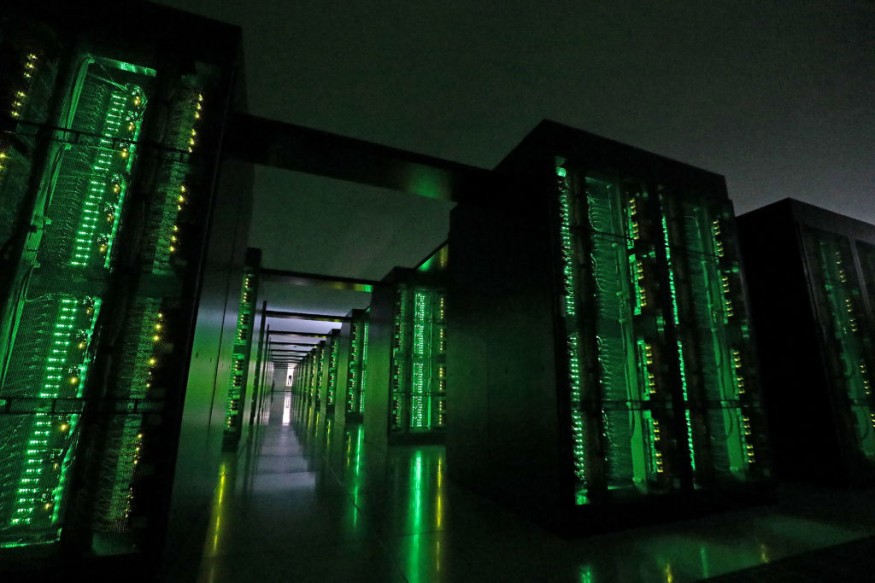A new study explored the process of neuromorphic computing-which can replicate the human brain's learning and forgetting functions into computers. The process allows computers to learn new things and forget old information just like humans and other animals.
As technological advancement reaches the 21st century, there have been attempts already to create and develop mechanical robots guided by artificial intelligence (AI) to imitate how humans operate, including engaging in basic movement and conversation.
The human brain is a complex organ consisting of neurons and nerve cells that allow humans to engage in motor, cognitive, and other functions in their day-to-day life. From conception, the brain is gradually bombarded with information as conduits open up with our senses.
The brain was theorized to have no content at all under the philosophical concept of tabula rasa-coined during the time of ancient Greeks more than 2,000 years ago. It pertains to the absence of thought or memory during the conception of the brain.
Neuromorphic Computing

A group of international experts, including scientists from Spain and Italy, have developed a process called neuromorphic computing which can replicate 'learning' and 'forgetting' similar to the function of the human brain. The study was published in the journal Nanoscale on Dec. 21, 2021.
The study was conducted by scientists from the Autonomous University of Barcelona, SPIN National Research Council of Italy, the Catalan Institute of Nanoscience and Nanotechnology, the Institute of Micro and Nanotechnology, and the ALBA Synchrotron.
The aim of the study is to enable current computer systems to adapt to the fast-changing and rapid increase of global data.
By engaging in nanotechnology and applying the neuromorphic computing process, scientists in the future can create smaller yet more powerful computers that can store and process data with ease.
Learning, Forgetting, and Memory
The recent developments surrounding the study point toward the correlation between the human brain and computer memory. If neuromorphic computing becomes successful, computers of tomorrow can retain necessary data and delete unnecessary ones just like the human brain.
The human brain is capable of retaining learned information and experiences through memories-which are divided into types: short-term memory and long-term memory. First, short-term memories only last for seconds and hours, while long-term memories can span for days, months, and even years, as per National Geographic.
The brain is inseparable from learning and forgetting, a feature of the brain's memory that has been responsible for human milestones based on thousands of years of evolution. It is through learning that early human ancestors first learn from igniting a fire to developing a civilization.
The Philosophical Concept of Tabula Rasa
According to a research article published in the Cambridge University Press in 2012, the tabula rasa concept states that a child's brain is in a state of formlessness or blank mental space before it even experiences the outside world.
Both a psychological and philosophical theory, the tabula rasa primarily theorizes that all humans are born into this world without pre-conceived or pre-built knowledge, memory, beliefs, and others. If the concept holds true, it means that we only receive information through our experiences and senses.
Are Human Memories Comparable to Computers?
The new study sheds light on the idea of whether there are any similarities between human and computer memories, traversing the field between biology and biomechanical engineering.
Although the answer is evident, separate research published by the University of Colorado, Boulder states that human memory consists of interconnected neurons-as a result of evolutionary changes; while computer memory has only fixed silicon chips developed in less than five decades ago.
Based on the 2021 study on neuromorphic computing, computers may theoretically also acquire information on their own if they manage to develop the ability of learning and forgetting-coming from the state of tabula rasa.
© 2025 NatureWorldNews.com All rights reserved. Do not reproduce without permission.





